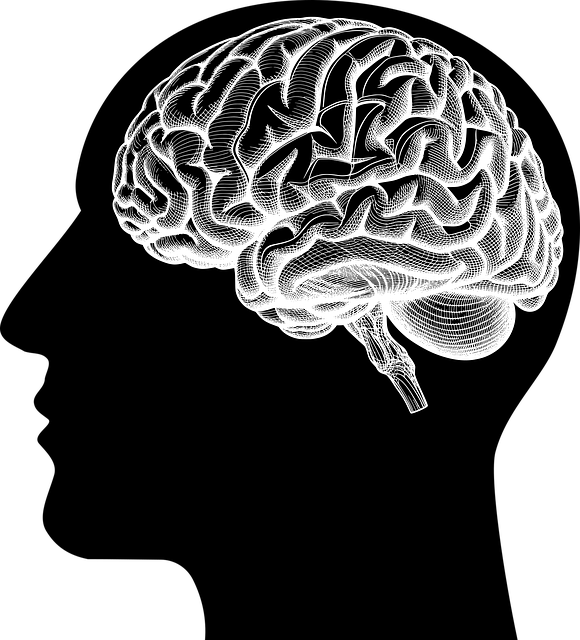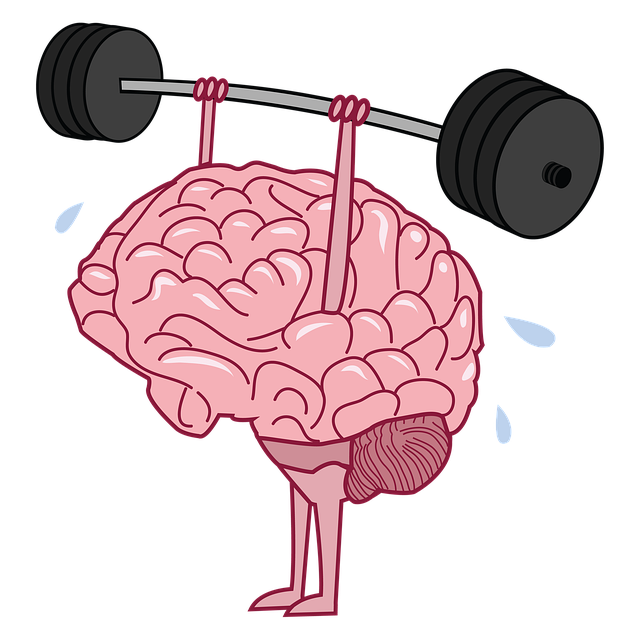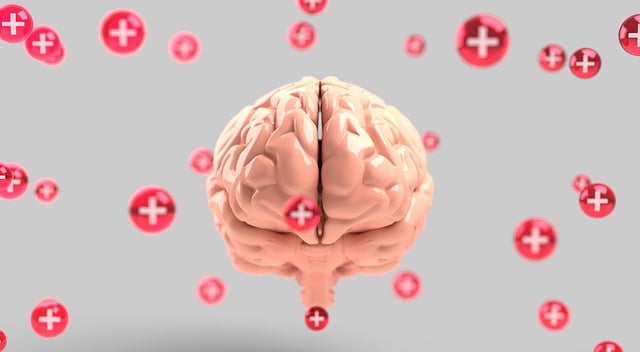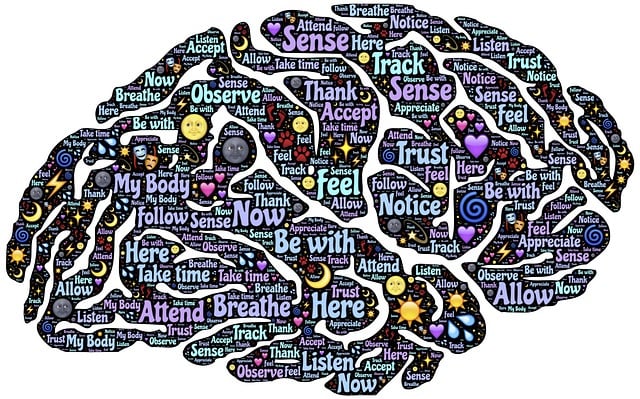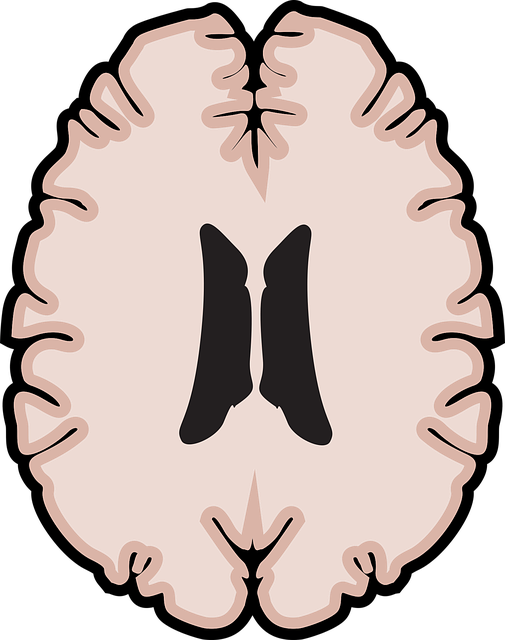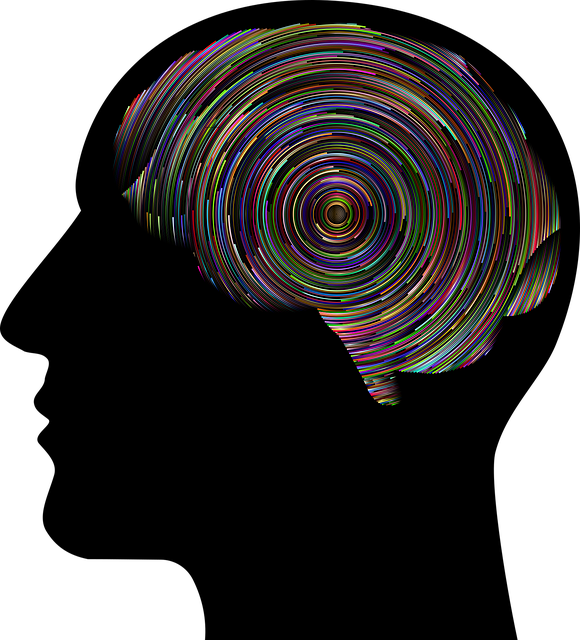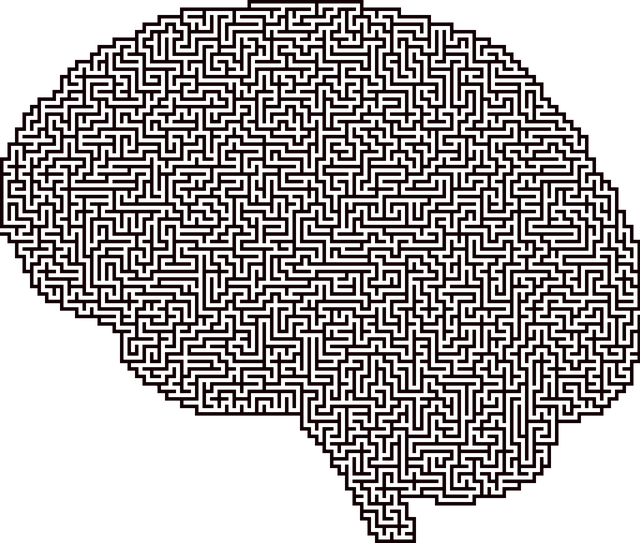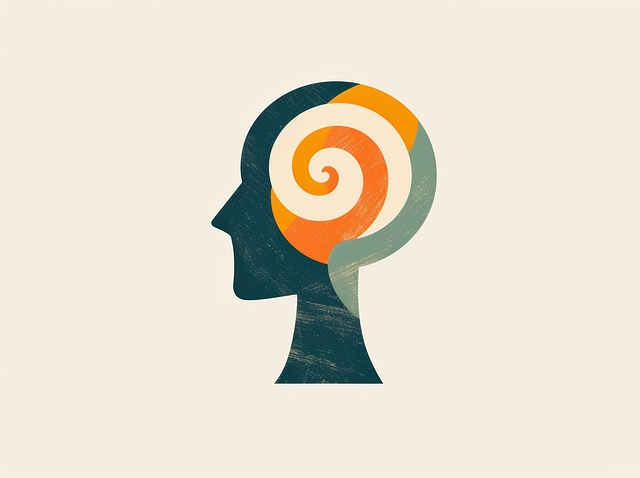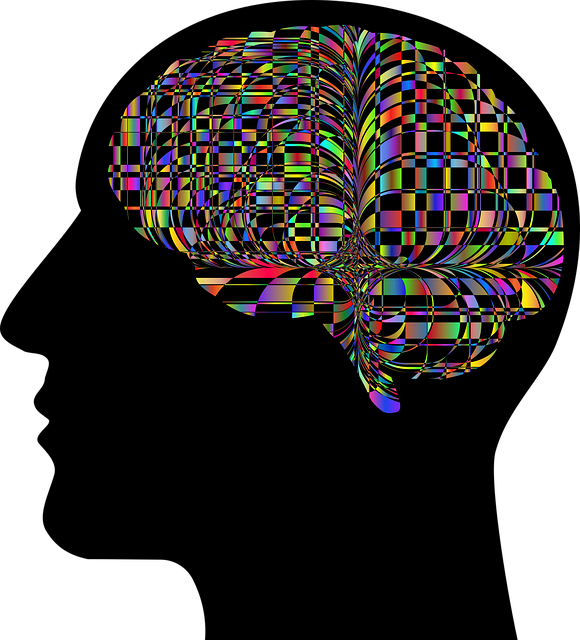Mental wellness apps offering customized therapy are gaining popularity as effective tools for Attention Deficit Disorder (ADD) and Attention Deficit Hyperactivity Disorder (ADHD) management. These apps integrate evidence-based practices like cognitive-behavioral therapy (CBT), mindfulness, breathing exercises, and trauma support services to provide personalized interventions tailored to the unique challenges faced by individuals with ADD-ADHD. By ensuring secure data protection through robust encryption and intuitive interface designs, these apps build trust while enhancing mental wellness and overall well-being. With a booming market and validated efficacy, therapy apps are poised to revolutionize mental healthcare accessibility, particularly for neurodivergent communities seeking alternative treatment methods.
In today’s digital age, mental wellness app development is revolutionizing therapy for ADD-ADHD, offering tailored support at users’ fingertips. This article delves into the growing need for customized therapy apps, exploring key features and market trends. We’ll uncover how these apps enhance engagement and effectiveness while navigating security concerns. Understanding ADD-ADHD and its unique challenges is crucial to unlocking the app development process and leveraging the future potential of this burgeoning field.
- Understanding ADD-ADHD and the Need for Customized Therapy Apps
- Key Features of Effective Mental Wellness Apps for ADD-ADHD Management
- Development Process: Building a Secure and Engaging User Experience
- Market Trends and Future Potential of Therapy Apps for Neurodivergent Individuals
Understanding ADD-ADHD and the Need for Customized Therapy Apps

Attention Deficit Disorder (ADD) and Attention Deficit Hyperactivity Disorder (ADHD) are neurodevelopmental conditions that significantly impact an individual’s ability to focus, control impulses, and manage hyperactivity. With a growing recognition of these disorders’ prevalence, there is a corresponding need for innovative solutions in mental wellness app development. Customized therapy apps offer a promising approach to providing tailored support for those living with ADD-ADHD.
These apps often incorporate evidence-based techniques for emotional well-being promotion, such as mindfulness exercises and structured behavior therapy. By leveraging technology, they can deliver personalized interventions directly to users, addressing the unique challenges they face daily. Moreover, community outreach program implementation within these apps may foster support networks, enhancing social connections and reducing feelings of isolation. Risk assessment tools for mental health professionals are also integrated, ensuring safe and effective practice in digital therapy delivery.
Key Features of Effective Mental Wellness Apps for ADD-ADHD Management

Effective mental wellness apps for ADD-ADHD management should include tailored features that cater to the unique needs of individuals with these conditions. One key feature is personalized therapy sessions, offering structured support for symptoms like inattention and hyperactivity. These sessions can incorporate techniques such as cognitive-behavioral therapy (CBT) and mindfulness practices, which have been proven effective in managing ADD-ADHD. Customized plans allow users to track their progress over time, receiving real-time feedback and adjustments as needed.
Additionally, apps should facilitate stress management tools, recognizing the pervasive impact of stress on ADD-ADHD symptoms. Features like breathing exercises, guided meditations, and yoga routines can empower users to regulate their emotions and improve focus. Integration with trauma support services is another valuable aspect, addressing the common co-occurrence of trauma with ADD-ADHD. By offering accessible resources for processing traumatic experiences, these apps contribute to holistic mental wellness.
Development Process: Building a Secure and Engaging User Experience

The development process of a mental wellness app, particularly one aimed at providing Therapy for ADD-ADHD, requires careful navigation to build a secure and engaging user experience. This involves designing intuitive interfaces that cater to users’ diverse needs while ensuring their personal data remains confidential. Incorporating features like encryption protocols and secure login mechanisms not only protects sensitive information but also instills trust among users seeking support for conditions such as ADD-ADHD, anxiety relief, or crisis intervention guidance.
An effective app should foster a positive thinking mindset by offering personalized content, interactive tools, and progress tracking. This includes tailoring therapy sessions to individual user needs, providing coping mechanisms tailored to managing symptoms of ADHD, and delivering real-time feedback to help users navigate their mental health journeys. The goal is to create an immersive yet secure space where users can actively participate in their mental wellness, ultimately enhancing their overall well-being.
Market Trends and Future Potential of Therapy Apps for Neurodivergent Individuals

The market for mental wellness apps is experiencing a significant surge, especially among neurodivergent individuals seeking therapy for ADD-ADHD and related conditions. This trend reflects a growing acceptance of digital tools as valid therapeutic resources. Apps offering personalized treatment plans and accessible support services have gained popularity, catering to the diverse needs of those with unique cognitive profiles. With advancements in technology, developers are creating innovative solutions that provide Anxiety Relief, engage users through interactive features, and foster Community Outreach Program Implementation for better support networks.
Looking ahead, the future potential of therapy apps appears promising, as they can play a pivotal role in Burnout Prevention Strategies for Healthcare Providers by offering timely interventions and remote care. These applications have the capacity to revolutionize mental healthcare, making it more convenient and accessible, particularly for individuals who face challenges navigating traditional treatment methods. As research continues to support their efficacy, therapy apps are set to become an integral part of the mental wellness landscape, shaping a more inclusive and supportive environment for neurodivergent communities.
The development of mental wellness apps, tailored specifically for individuals with ADD-ADHD, presents a promising avenue in the digital health landscape. By incorporating engaging features and secure platforms, these apps offer accessible and personalized therapy solutions. As market trends indicate a growing demand for such tools, the future holds significant potential to enhance the lives of neurodivergent folks, providing them with effective management strategies for their unique challenges. With continued innovation, therapy apps have the power to revolutionize mental health support, making it more inclusive and tailored to individual needs.
